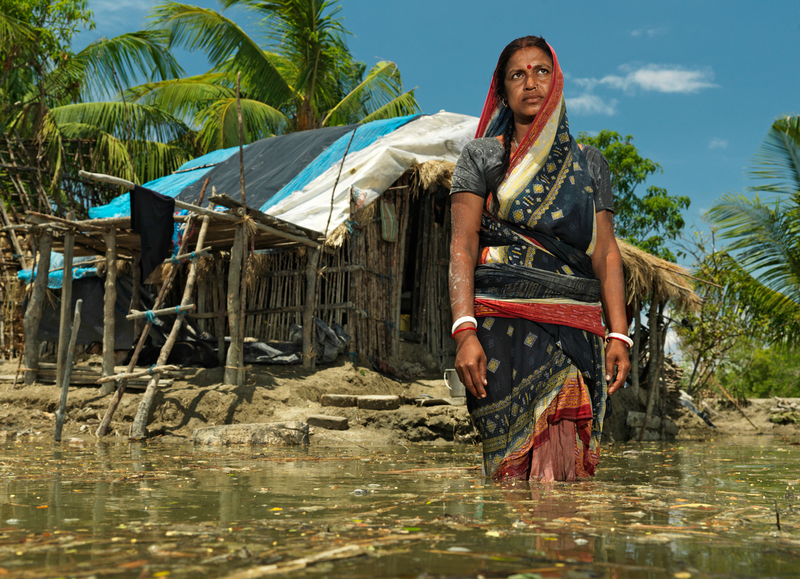
Interlaken, Switzerland – On Monday, March 20, 2023, the Intergovernmental Panel on Climate Change (IPCC) delivered the final report of IPCC Sixth Climate Assessment. This major climate report outlines the full story of the Sixth Assessment, integrating findings from six reports published by the IPCC since 2018. In practical terms, this is the IPCC’s final warning to limit global temperature rise below 1.5°C by 2050.
The report highlights the ever-increasing severity of impacts and risks associated with climate change, even at lower levels of warming. In South Asia, there has already been an increase in hot weather extremes (including heatwaves) and heavy precipitation since the 1950s. Across Asia, the observed impacts of climate change have caused losses and damages in terms of water availability, food production, health and wellbeing, and infrastructure (particularly in coastal regions). The continent has also witnessed changes in ecosystem structures and species decline.
With this report, the IPCC re-emphasises the unequal nature of regional contributions to overall GHG emissions, and how those who are least responsible, primarily from the global south, are the hardest hit. According to the report, countries that are more vulnerable to climatic impacts generally have lower emissions per capita. Further, between 2010 and 2020, human mortality from floods, droughts and storms was 15 times higher in highly vulnerable regions, compared to regions with very low vulnerability.
Rohin Kumar, Senior Campaigner at Greenpeace India, commented, “It is now or never for ensuring massive reductions in greenhouse emissions. We must switch to clean energy sources, regenerate nature, improve land use patterns, and encourage safe and healthy food. While we acknowledge that a major share of accountability lies with governments and corporations, individuals, too, must fight climate change—whether we do this by opting for chemical-free and diverse food or choosing buses and trains over private cars. Each country has a pertinent role to play here, however, the global north needs to support climate-vulnerable countries to increase their climate resilience, decarbonise economies, and provide restitution for loss and damages.”
Avinash Chanchal, Campaign Manager at Greenpeace India, further added, “The risks associated with global warming are increasing in India as well, and we’re not prepared for what’s ahead. The adaptation gap in our policy is significant and continues to grow. If we go beyond the 1.5°C limit, things will get much worse, and the consequences will be irreversible. The Indian government must address the adaptation gap while simultaneously ensuring the mitigation of greenhouse emissions.”
This is the crucial decade for climate action as climate impacts continue to intensify and are projected to escalate with every bit of additional warming. The IPCC has laid down the facts as detailed scientific guidance, giving governments another chance to do right for people and the planet. COP28, the upcoming climate summit in the United Arab Emirates, must be the platform to end dependencies on fossil fuels, boost renewables and support a just transition to a zero carbon future.
For further information:
Nischita Verrendra
[email protected]
+91-9845828096
Avinash Chanchal
[email protected]
+91-8882153664
